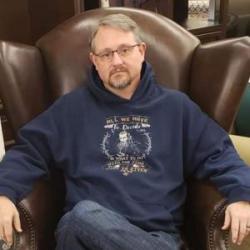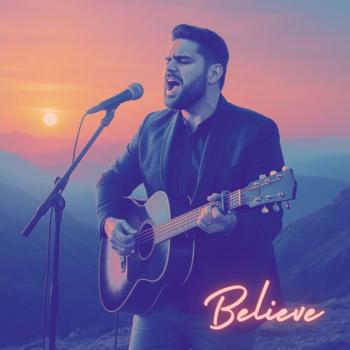 By James J. Kang
By James J. Kang
To My Dear Daughter Lauren,
Today, we finished our third day of Annual Conference where I was allowed my "Last Three Minutes" retirement speech that all United Methodist clergy get to give on their last day in service. Thanks for blowing the air horn when they called my name! I think that was the first time in Methodist history that that has ever happened. Now, I am writing you this letter in my hotel room because I want you to always keep a special place in your heart for the chapter our family has written in the Methodist story. I am so proud of you. Please do not be embarrassed if I cry tomorrow when the Bishop ordains you into the Church as a fourth-generation Methodist pastor in full connection!
I am so happy that our church is so very different than it was forty years ago when I attended the 2010 Retirement Service for the very first time, when I was not yet ordained. However, I must admit that forty years ago, it was difficult for me to believe that our denomination would still be alive in the United States. In 2010, our denomination was losing more than 70,000 Sunday worship attendees per week, nation-wide, which meant that, with some 3 million total worship attendees at that time, we were supposed to have nobody in any of our pews by now. And, a third of the denomination was not able to sustain pension payments for retired clergy, among other financial consequences from the Great Recession.
The picture outside of our denomination looked just as bleak. In 2007, we learned through unChristian, a book by David Kinnamon and Gabe Lyons, the top three words that best describe Christianity for 16- to 19-year-old non-Christians in the United States: "anti-homosexual, judgmental, and hypocritical." Ironically, in 2009, Pastor Rick Warren of arguably the largest church in the United States, Saddleback Community, stated forthrightly in an event with the Pew Research Center that the future of Christianity is no longer in the United States, but is actually in the developing world. His line, "The Church of England is a misnomer. It is now the Church of Africa," should have stood out to us Methodists.
But, thank God that a group of young pastors and laity could feel God calling us toward a different church process, one that was more flat and collaborative than hierarchical and competitive. To us, it just made sense. But, little did we know that it would also become the future of the corporate world. One manifestation of our idea was the Asian-American Young Adult Ministry (AAYAM) "I Am" Summit. Some years later, it turned into a collaborative network of what used to be called "alternative" forms of ministry (now mainstream) that transformed systems of leadership, spiritual practices, and forms of church.
We saw the breakdown of traditional religious categories, from Protestant vs. Catholic to even Christian vs. Non-Christian, as post-modernity began to take full effect in bending the planes of reality taken for granted for millennia in the institutional church. So, it felt natural for us to begin forming partnerships with faith praxis groups such as Triptykos, Iona, and Taize. These partnerships helped replace the "Daily Devotional on the Weekdays and Church on Sundays" paradigm into different forms of spiritual praxis in the everyday lives of regular people, especially those who had to work on Sunday or did not care for "church" as it used to be.




